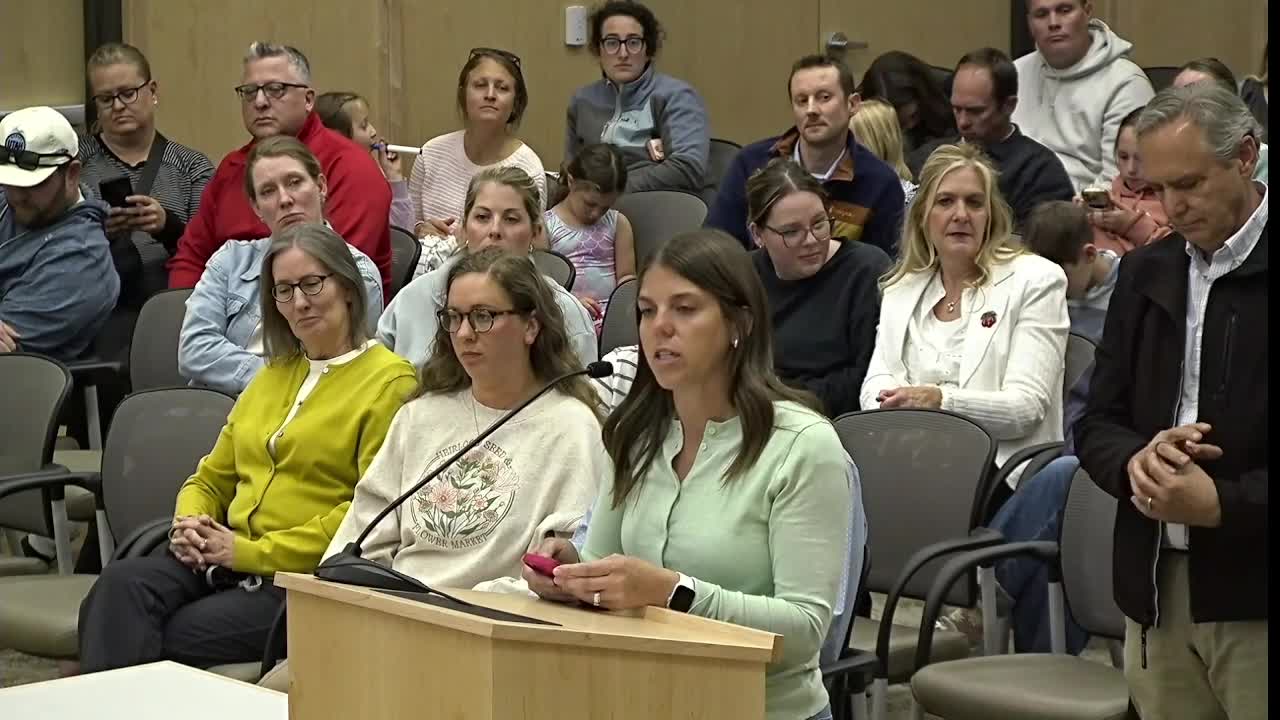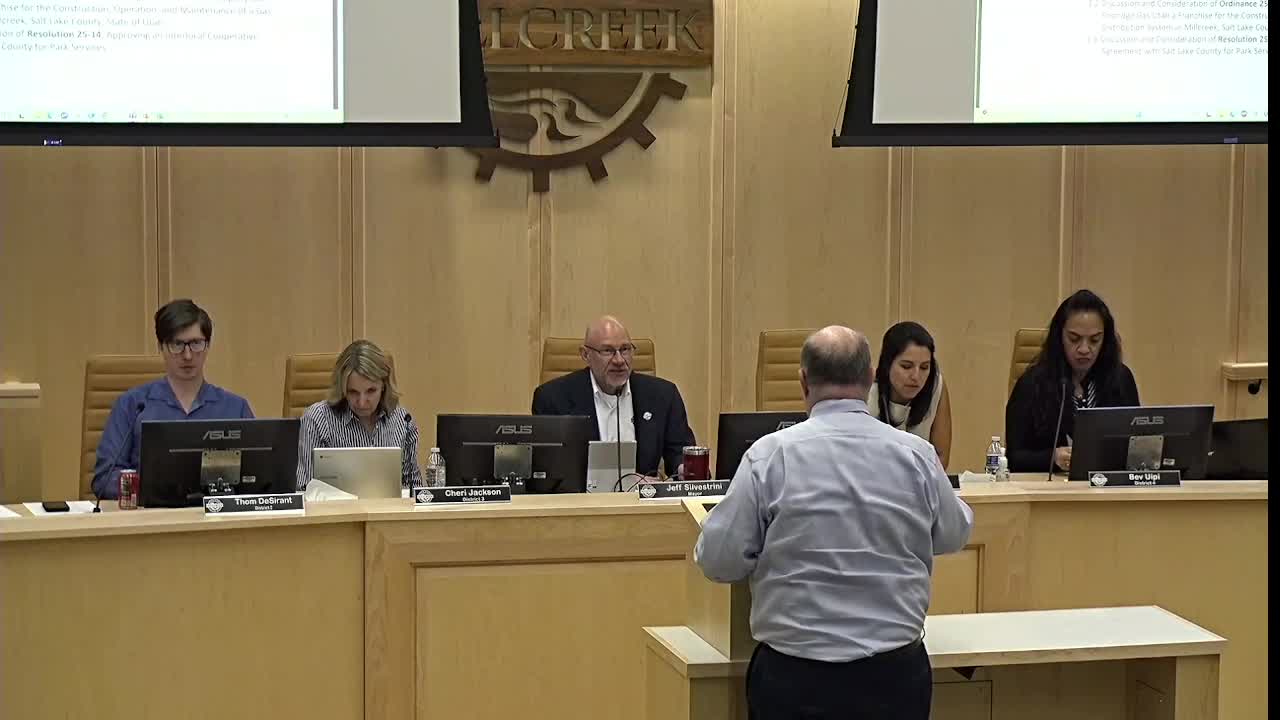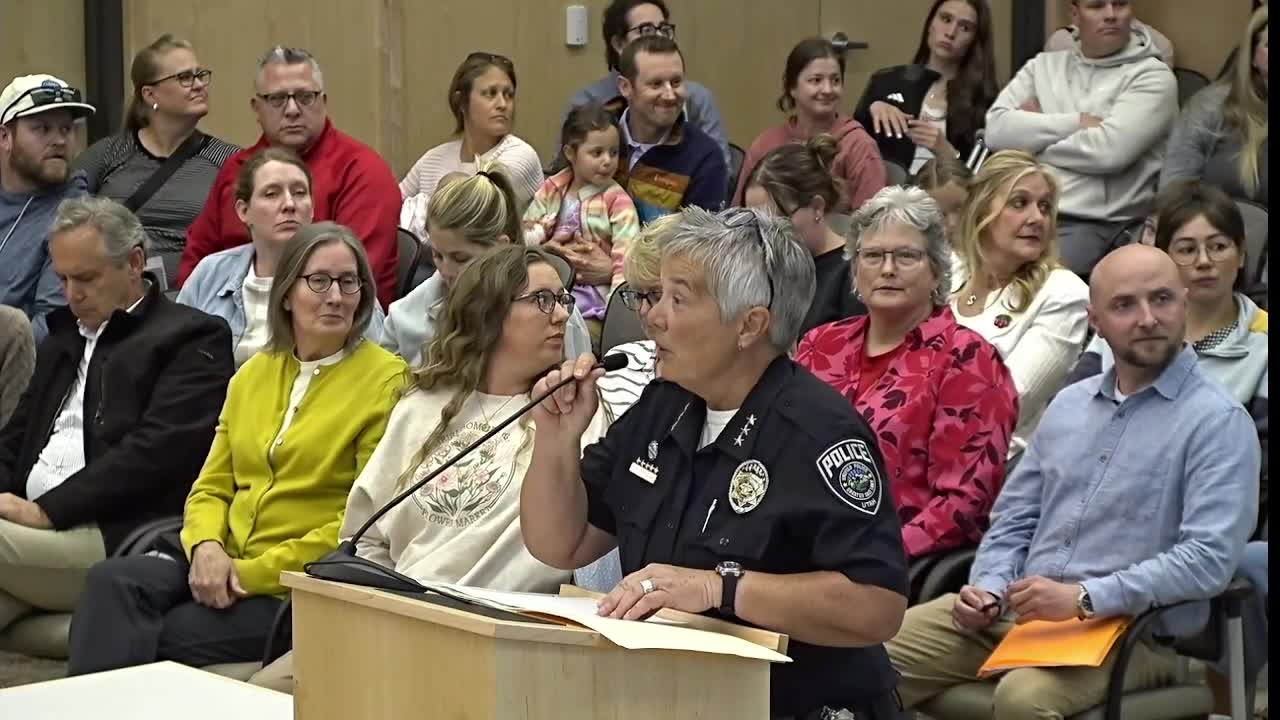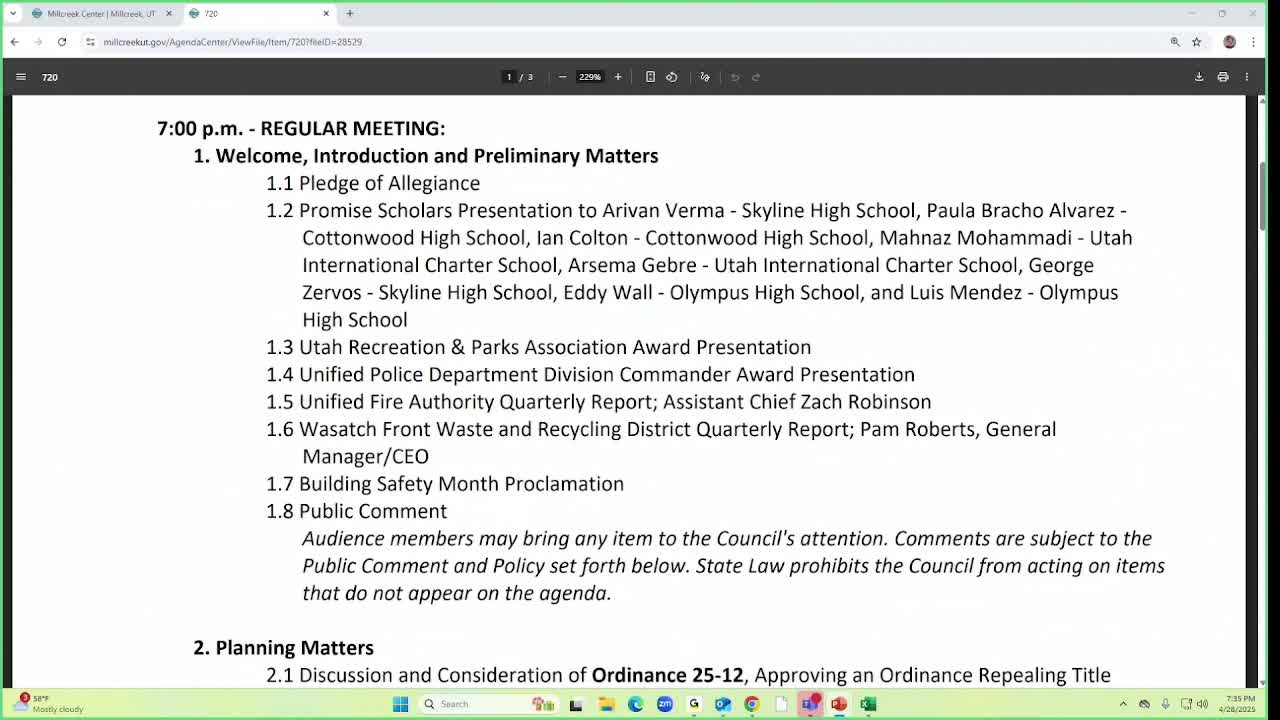Article not found
This article is no longer available. But don't worry—we've gathered other articles that discuss the same topic.

Hundreds of residents urge Millcreek council to back feasibility study on splitting Granite School District

Votes at a glance: council adopts planning code rewrite, fireworks restriction and several interlocal agreements

Millcreek and neighboring precincts recognized for homicide response; Unified Fire Authority reports steady response times

Millcreek residents lead district recycling efforts; city diversion rate topped 24% in 2024, officials say

